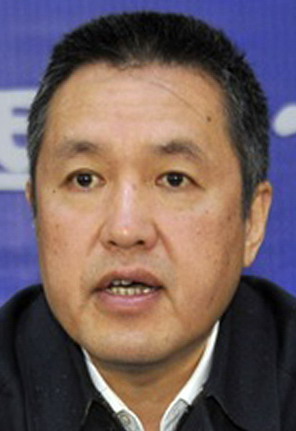Government and Policy
Healthcare coverage to expand across the country
By Shan Juan (China Daily)
Updated: 2010-12-01 07:42
 |
Large Medium Small |
BEIJING - China's health insurance program - the world's largest with more than 1.2 billion people covered - will be reinforced to ensure government pays a larger portion of medical expenses, said a top health official.
|
 Zhang Mao is vice-minister of health. |
| ||||
To achieve that goal, public spending on the health sector will be boosted to more than 6 percent of GDP, up about 1.5 percentage points over the current level, he noted.
"At present, the supply of medical services is still falling short of rising demand from the public for quality healthcare resources, though fewer people in the country have become impoverished because of medical bills in the past five years," he said.
An official study showed that the number of people in China who gave up treatment because they couldn't afford it had decreased by 10 percent in the past few years, largely due to increased health insurance coverage.
Given China's colossal population and various health insurance policies, Zhang asked the public for more patience.
"Addressing these problems, which are common challenges facing all countries, including China, needs time."
A billion people in the world cannot afford any health services and medical bills drive roughly 100 million people into poverty each year, the World Health Organization said in a report on financing health systems issued last week.
In China, thanks to the establishment of the New Rural Cooperative Medical System in 2003, which so far includes nearly 840 million rural people, the country is edging closer to its goal of universal healthcare coverage by 2020, he said.
"Given the size of China's rural population, and the fact that the process of urbanization takes time, the New Rural Cooperative Medical System will exist for a long time in China," he pointed out.
Michael O'Leary, the World Health Organization's representative in China, urged the country to adjust its social security system to ensure everyone has access to affordable health services.
For that, "we have to control overall medical costs to sustain the insurance programs," Zhang said.
To address efficiencies in hospitals, trial projects in public hospital reform are under way at about 200 hospitals nationwide.
Also, despite sporadic corruption scandals by medical workers, "they are not the enemy of reform. On the contrary, we'll try every means to lift their morale and encourage their involvement and creativity in the reform to better serve the patients," Zhang pointed out.
"Whether the reform will be successful or not also lies in their hands," he said.
